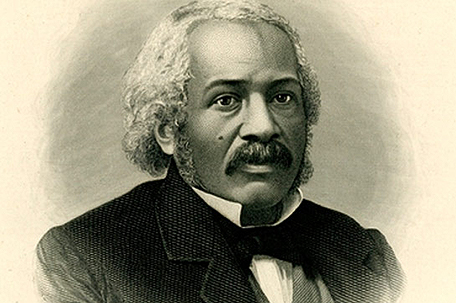Community Outreach
In June 2022 Newsome Park Strategies LLC, a Washington based Brand Marketing & Management Group
University of Buffalo Community Health Equity Research Institute. Dr. Timothy F. Murphy, Director/ SUNY Distinguished Professor National Policy Alliance/ World Council of Mayors/ Ultimaxx Health LLC.
Practice-Based Clinical Research Network (PBRN) is a group of ambulatory care clinical practices that investigate empirical research questions to improve the quality of primary care. PBRN’s draw on the experience and insight of practicing clinicians to identify and frame research questions. PBRN’s are ideal for conducting and implementing a wide variety of clinical practice studies, pragmatic clinical trials, and health services research studies. Further, PBRN’s are uniquely positioned for dissemination, implementation, and comparative effectiveness research. By investigating research questions directly linked to the care of patients with rigorous research methods, PBRN’s produce relevant research findings that can be ore easily translated into everyday practice and integrated into health care systems.
DR. james Durham
Introduction to the Dr. James Durham Community Health Initiative
At Newsome Park Strategies, we draw inspiration from the remarkable legacy of Dr. James Durham—a pioneering figure in American healthcare history. Born into slavery in 1762, Dr. Durham’s journey from bondage to becoming the nation’s first African American doctor is a testament to resilience, determination, and the power of knowledge. His story serves as the guiding light for our latest endeavor—the Dr. James Durham Community Health Initiative—a beacon of hope and progress in the realm of healthcare equity and community empowerment.

Community Health Research Initiative Activities Overview
I. Goals and Objectives
- Engage in and Support activities that promote the reduction of heart health disparities.
- Promote responsible pain management alternatives and educate on the damages associated with off-label use of currently marketed OTC pain relievers i.e. Aspirin, Acetaminophen, and Ibuprofen.
- Promote the American Heart and Diabetes Association's recommendations.
II. Research Components
- Heart Health Disparities Research
- Identify disparities
- Analyze determinants
- Explore cultural factors
- Alternative Pain Management Research
- Assess current practices
- Explore non-opioid options
- Educate on current OTC safety profiles
- Community Engagement and Partnerships
- Establish partnerships with like-minded, community-based organizations, political groups and medical systems and professionals to advance our cause.
- Conduct community involvement sessions to educate and to create meaningful discussions relative to our goals and objectives.
III. Implementation Strategies
- Heart Health Promotion
- Culturally tailored education
- Community events
- Non-invasive preventative heart screenings
- Alternative Pain Management Promotion
- Disseminate educational materials
- Conduct non-pharmacological pain management workshops
- Engage healthcare providers
- Policy Advocacy
- Advocate for healthcare access
- Support policies for alternative pain management
- Collaborate with policymakers
IV. Evaluation and Monitoring
- Assess Impact
- Evaluate interventions
- Measure changes in health outcomes
- Solicit feedback
- Continuous Improvement
- Use evaluation findings for refinement
- Adjust research priorities
- Foster a culture of continuous learning
V. Dissemination and Knowledge Sharing
- Share Research Findings
- Publish in peer-reviewed journals
- Present at conferences
- Develop accessible community materials
- Community Empowerment
- Provide ongoing health resources
- Foster community-led initiatives
- Facilitate knowledge exchange
